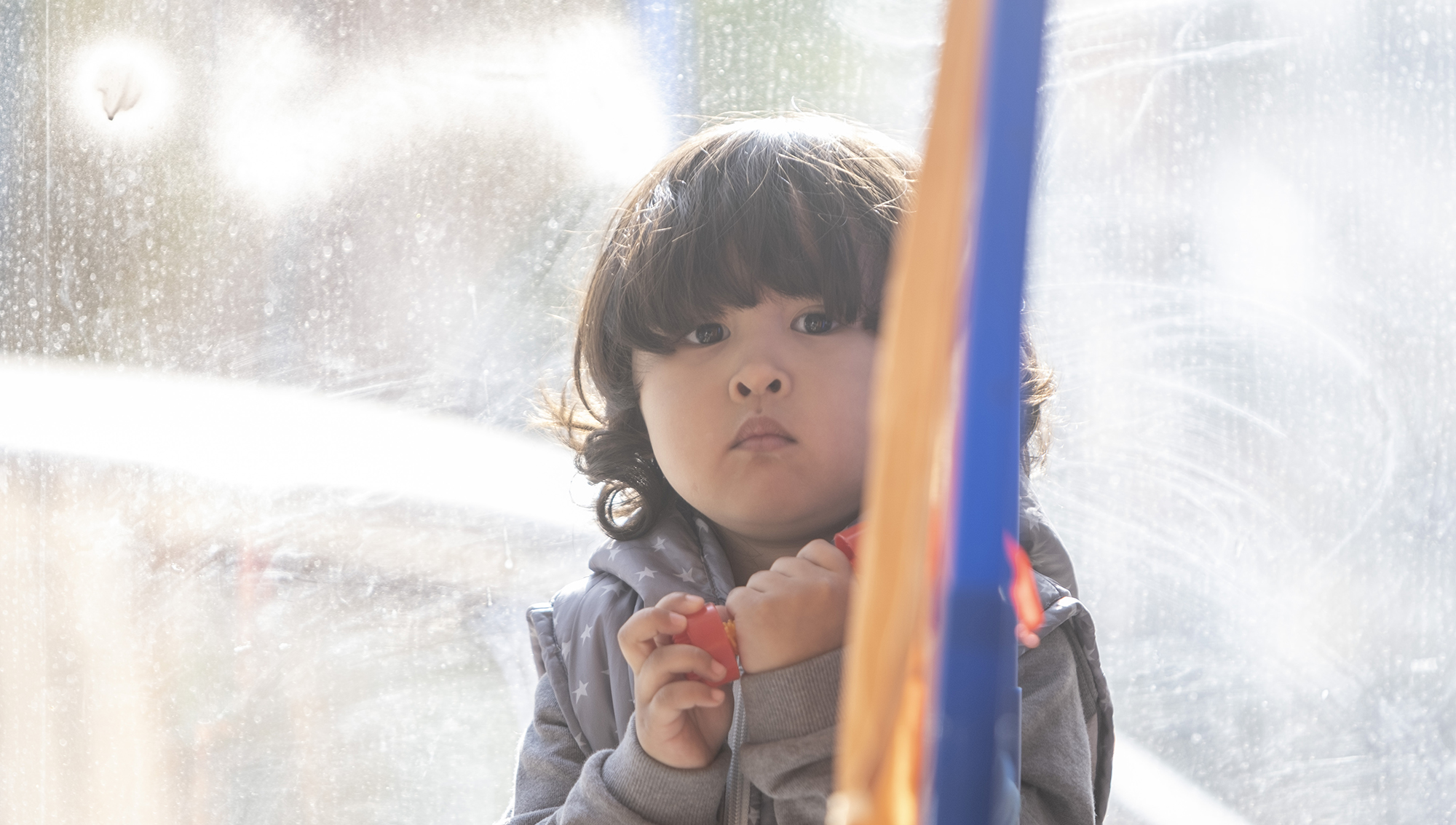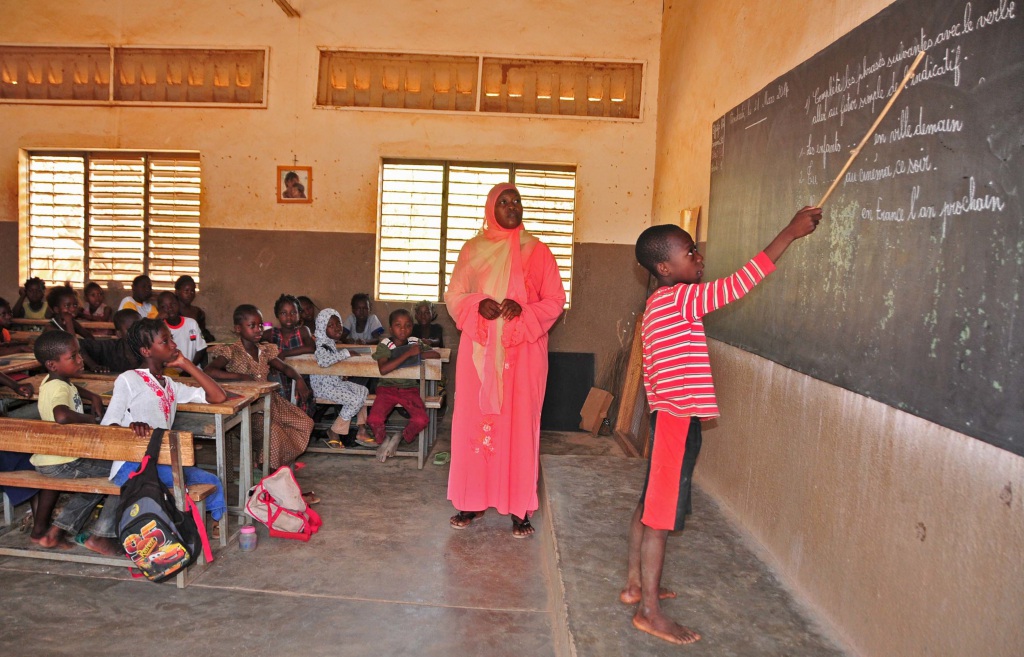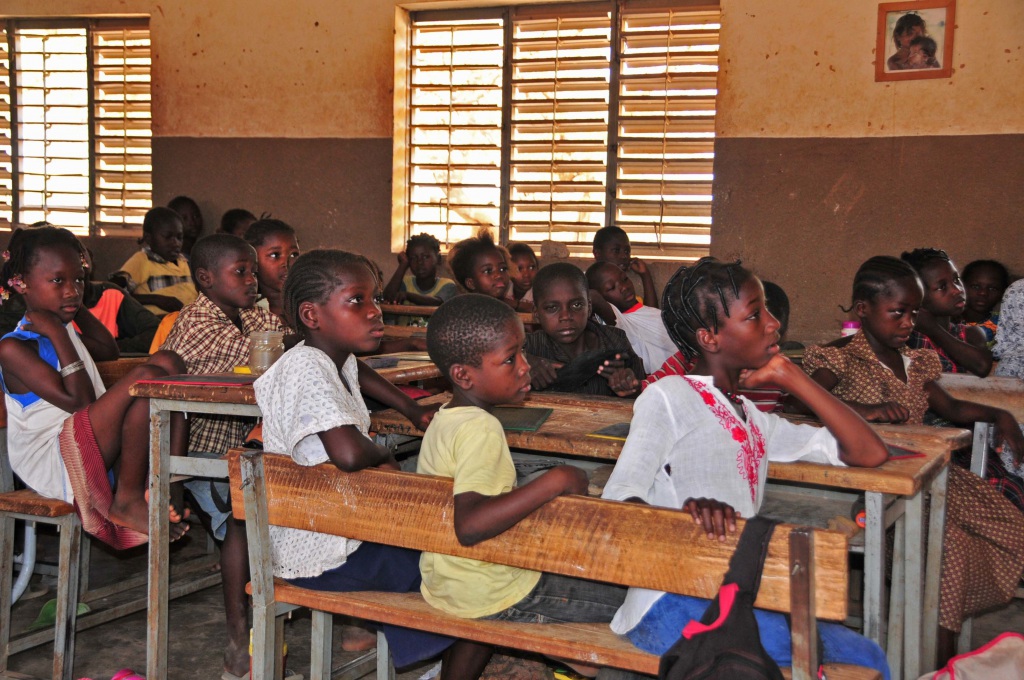
500 schools closed in Burkina Faso after attacks on education
Barriers to education, Children in conflicts, Early childhood development, Education in emergencies, Refugees and internally displaced people, Safe schools
More than 70,000 school students, 7000 children under five, teachers and families have had their education and health services disrupted by terror groups.
More than 70,000 children have had their education stopped after a series of terrorist threats and attacks in Burkina Faso.
Security has been deteriorating rapidly in the west African country’s northern Sahel region over the past few weeks – and about 500 schools have closed as a result.
Some schoolchildren even saw their teacher being murdered by a terrorist group.
“Repeated terrorist attacks and threats have created a widespread fear and possible trauma among teachers, children and the population,” said a report by the United Nations children’s agency UNICEF about the situation in Soum and neighbouring provinces .

In January, gunmen threatened teachers in three schools – ordering them to stop teaching in French and to use Koranic education.
Primary schools in Nassoumbou commune were targeted by repeated terrorist attacks, said the Ministry of Education.
And on March 4 a teacher and another civilian were murdered by the same group in Kourfayel, a village close to the Soum capital of Djibo.
UNICEF added: “Although the exact scale is not known, many children and their families are now displaced to other provinces or other regions due to the insecurity concerns.
“Special attention should be paid to these children as they need to be identified and receive necessary protection support, particularly psychosocial support services and education.”
The security situation is also affecting the development of young children. Several health centres have been closed, depriving more than 7000 under-fives and 2000 pregnant women of their services.

Also affected is scheduled work on building or improving wells and toilets in schools and health centres.
UNICEF said 4430 teachers need to be trained on psycho-social services and providing education in emergencies, including safe schools and peace building.
Burkina Faso is not one of the 59 countries that have signed the Safe Schools Declaration.

In February, the World Food Programme warned it was being affected by lack of funding for its activities in the Sahel region of Burkina Faso.
WFP has provided daily school meals to 70,000 children in two Soum and Seno districts of the Sahel region and monthly take-home rations to 4000 girls over the past two years.
These rations help parents to keep their daughters at school in a region where child marriage is common practice. WFP has contributed to the improvement of enrolment, attendance and retention in the region, particularly for girls.
Enrolment in Burkina Faso’s primary schools is 83.7% – but only 40.2% in secondary school, according 2015 figures from the Global Partnership for Education.
More news

MyBestStart programme gives young girls the education they deserve
